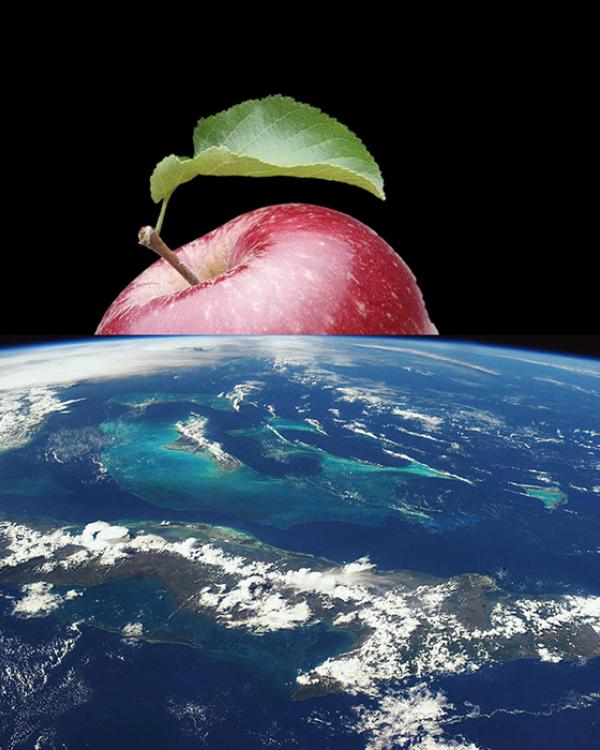
Over my lifetime, I have experienced and witnessed the good, the bad, and the ugly of schooling as both a student or an educator. My earliest memories as a student were, unfortunately, negative. I fell victim to racialized assumptions of my reading ability as a first grader, being placed in a group of all boys who struggled to sound out the words of Dick and Jane readings. I was placed in this group upon the assumption that I struggled to speak either Spanish or English--I was silent in my response to questions that I could not understand. I recall thinking why is this person speaking Spanish to me? Now he’s asking if I understand him in English, but I don’t know why I’m here and what he’s talking about. It wouldn’t be until several years later that my mother would correct the school counselor that I was not of Hispanic origin. But I didn’t mind sitting with the boys who grew red in the face in sounding out the words on the page below the picture of Sally on her skates and Spot close by. I taught my little ‘blue bird group’ (that is what the teacher called us; the cardinals got to read from a larger book) how to play a game with our Dick and Jane stories. I suggested a kicking game; we kick a random person under the table every time a certain word would appear, and that person had to read the next part of the sentence. I had no idea that I was actually following a teaching strategy (apart from the kicking of course), chunking pieces of text that supported fluency at a rapid pace. What I understood then is that what seemed to be a boring, useless exercise in sounding out words became a meaningful and kind of fun game that brought our group together.
At home, I got to really read. I read the Chronicles of Narnia, the Wizard of Oz series, and a multitude of books that were far more complex than the assigned books in school. On my walks to and from my bus stop, I would wonder why the sky looked blue, if birds had conversations like people, or if all animals, including people, go to the same afterworld when we die. Such philosophical inquiry did not have purchase in school, but did at home.
Over the years of schooling, I felt both blessed and cursed by teachers. My favorites seem to operate under a different set of rules than others . . . we got to ask the questions we pursued in class projects. In those bright moments, I understood the power and beauty of learning, and why my parents pursued higher education. Those moments inspired me to think about a future career that could help others see what school-based education could be like.
I am privileged to be a member of a network of scholars called University-Community (UC) Links. Over the past three decades, this community has contributed a wealth of research about best educational practices, theories of literacies, and innovative instructional approaches aimed at strengthening the P-20 pipeline for our diverse student population. Yet this research continues to be absent from discussions about school-based policies, practices, and assessments. Now we are beginning to see the crumbling of these separate worlds of educational research given our current pandemic.
This is our chance to reimagine what learning in school could be like. What kinds of experiences do we want our children to have in schools? Do we really need monthly standardized tests to track progress? What are the essential knowledge, skills, and abilities that students really need to thrive in higher education and beyond? What do we want our young students to be practicing in school contexts? Is repeated testing time and practice well spent, or should we make more time for practicing what it means to be leaders, innovators, critical consumers, and global citizens? Given the challenges that we face, including the effectiveness of our response to the pandemic, to climate change, to the undermining of truth itself, our life on Earth may depend on our response.
Diana J. Arya is Assistant Professor in Education and Faculty Director of the McEnroe Reading and Language Arts Clinic. She studies the development of community-based, interdisciplinary literacy practices of learning and innovation from preadolescence through adulthood.